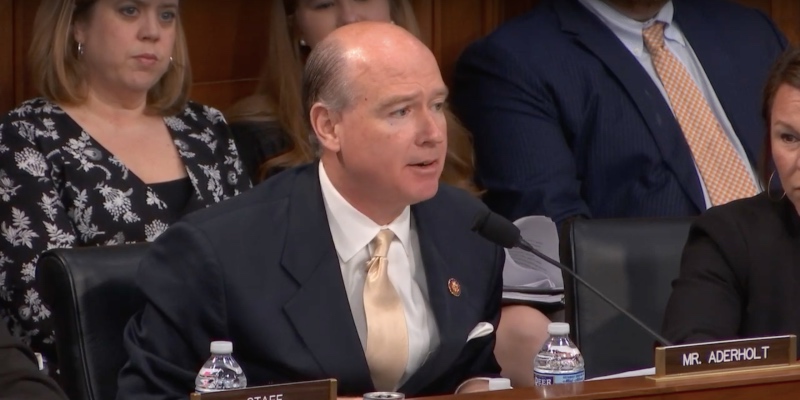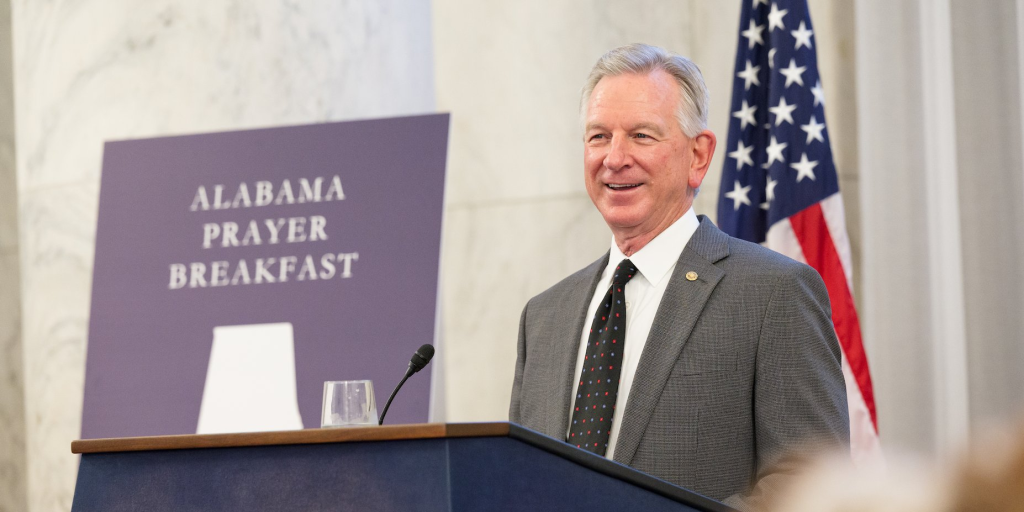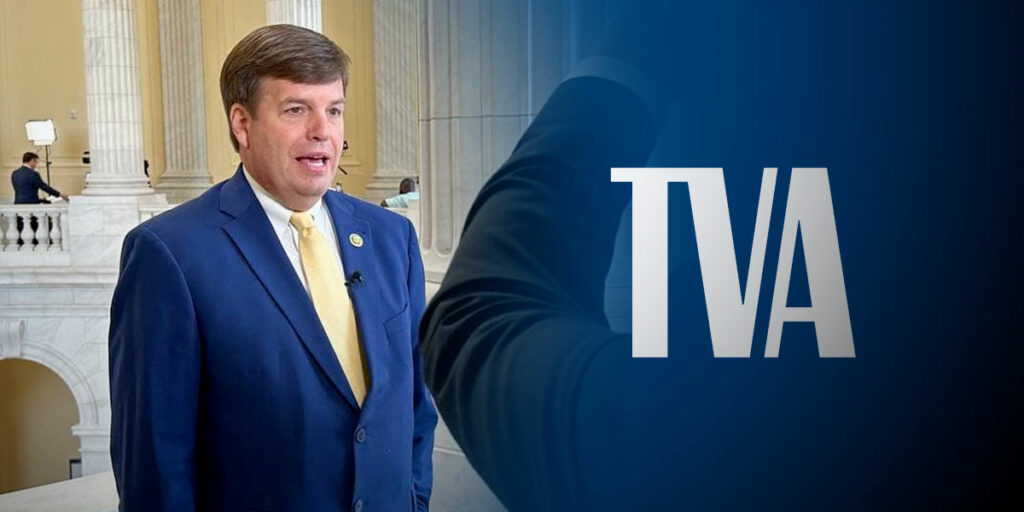Congressman Robert Aderholt (AL-04) on Tuesday afternoon delivered a letter to Governor Kay Ivey summarizing his district’s recommendations on reopening Alabama’s economy.
The recommendations came as a result of the input of “a diverse group of thirteen leaders in various fields (from medical, retail, hospitality/restaurant, banking, transportation, engineering and manufacturing),” according to the letter.
Aderholt also reportedly sought advice from each director of the 26 chambers of commerce in his district, and his staff further developed a survey which was distributed to these chambers and their individual members. Several of the chambers then provided Aderholt’s office with the results of their internal surveys. In total, Aderholt’s task force received just under 400 survey responses.
Aderholt advised, “The majority consensus (64% of respondents) is that Alabamians are prepared to return to work and that the economy should begin to be opened by May 1, 2020. The breakdown of the survey had 29% in favor of opening immediately, 35% for opening on May 1, 9% for May 15, 7% for June 1 and 20% for ‘other’ (the majority of these were from businesses that never closed).”
The survey responses also suggested a list of suggestions for the protection of customers and employees, which Aderholt detailed in his letter.
“Our task force business leader for defense and engineering manufacturing noted that many of the [suggestions] have already been successfully utilized for five weeks in some exempt (national security) work, with no spike in coronavirus cases,” he outlined.
The dean of Alabama’s U.S. House delegation also brought some concerns — and potential hurdles to reopening the economy — to the governor’s attention.
“During my conference calls with the Task Force Members and the Chamber directors, a number of concerns were brought to my attention,” Aderholt wrote. “First, it was suggested that more antibody testing is needed to determine exactly how prevalent COVID-19 is in the state. Second, a number of respondents are concerned that there will not be enough personal protective equipment (PPE) or sanitizer to meet the increased demand. Third, there are concerns that some of their employees will refuse to return to work, either because they are scared to be out in public, because of a lack of childcare or because they are making more on unemployment than when they were working. And regarding childcare, with the schools closed, daycare facilities will need to be reopened, which will be a challenge to do so safely.”
Further down in the letter, Aderholt emphasized one point of consensus from his task force: elective medical procedures must begin again for many facilities and practitioners to be able to keep their doors open.
“The hospital administrator on the Task Force would like for hospitals to be allowed to perform elective procedures immediately because the current restrictions have drastically reduced their income,” Aderholt said. “They are also treating few, if any, COVID-19 patients. There are two hospitals in my district that are on the verge of closure and must increase their revenue to stay open.”
He continued, “Finally, it was suggested that the state create a program to assist small businesses who want to transition to e-commerce. They would not necessarily abandon their brick-and-mortar facility, but an online presence would allow them to generate income if they are again forced to close their facility to the public.”
Aderholt concluded by saying that “the overall message we are getting from the people of the Fourth District is that we cannot stay closed indefinitely, but at the same time, we cannot open the economy all at once.”
“There needs to be a measured plan to open things up in phases to ensure that businesses are acting responsibly, and their customers are protected as much as possible. My recommendation is to follow the federal guidelines, which calls for a two week decline in new cases; for our hospitals to be able to operate on a non-crisis basis and a robust testing program for at-risk healthcare workers as well as antibody testing. Additionally, I feel that the state, where appropriate, should work on a regional or county basis to modify these criteria to fit the local circumstances. After all, what will work for Tuscaloosa County may not work for DeKalb County,” he added.
You can read the full letter here.
Ivey has previously said that the state’s congressional delegation and the Alabama Small Business Commission Emergency Task Force’s Subcommittee to Reopen the Economy are two of the three sources she will use to formulate a plan for getting Alabamians back to work. The other source is an executive committee she put together.
The governor on Tuesday stated that she expected all of the members of the congressional delegation to have submitted their recommendations by Wednesday. Testing capacity was also highlighted by Ivey on Tuesday as a key factor in being able to safely reopen the economy.
Sean Ross is the editor of Yellowhammer News. You can follow him on Twitter @sean_yhn













